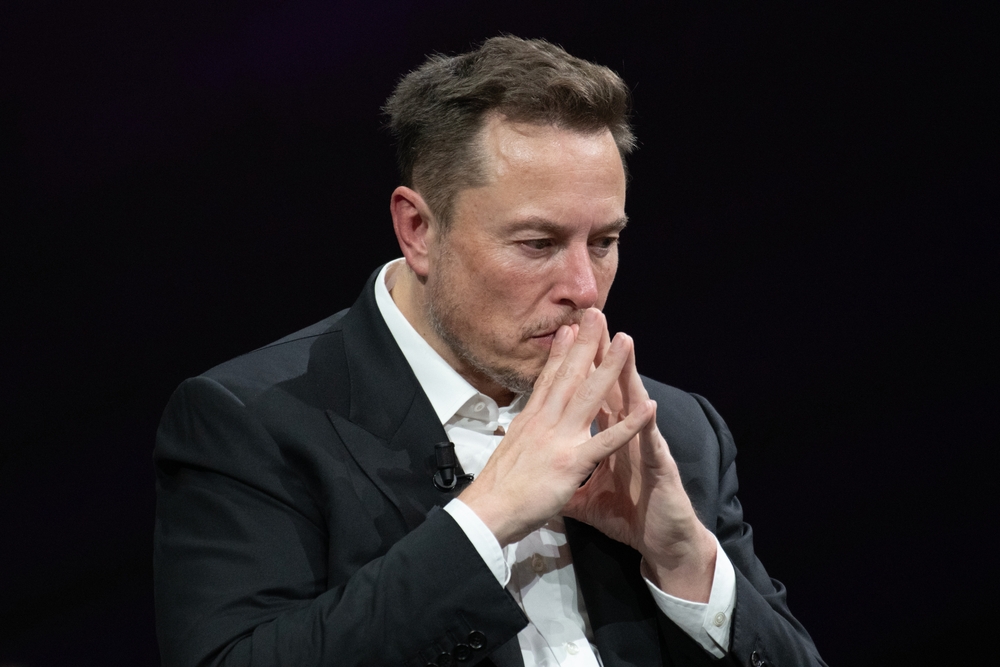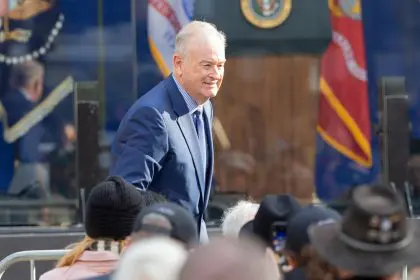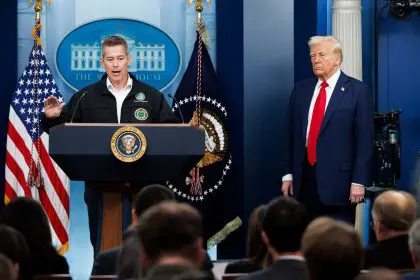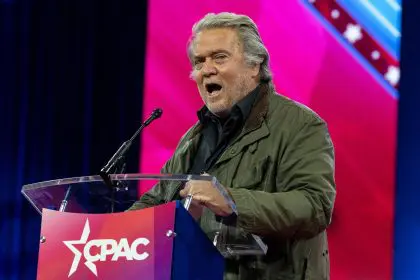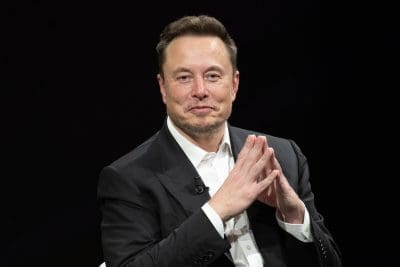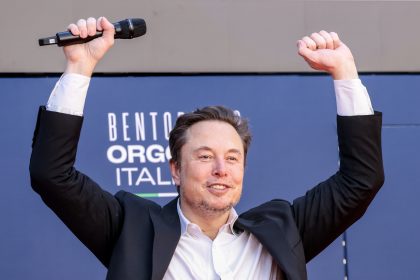Elon Musk has publicly criticized President Donald Trump’s signature spending legislation, creating a notable policy rift between the tech billionaire and the president he supported with more than 250 million dollars during the 2024 election campaign. The disagreement centers on Trump’s multi-trillion dollar tax and spending bill that recently passed the House of Representatives by a narrow margin.
Musk’s opposition to the legislation highlights growing tensions within Republican circles over fiscal policy priorities and demonstrates how even close political allies can diverge on major policy questions. The public nature of Musk’s criticism represents a significant departure from his previous alignment with Trump administration priorities.
Multi-trillion dollar legislation faces internal opposition
Trump’s comprehensive spending bill includes extensive tax break extensions and increased defense spending that the president describes as his signature policy achievement. The House of Representatives approved the legislation through a narrow vote that required careful coalition building among different Republican factions with varying fiscal priorities.
The bill extends tax cuts from Trump’s first administration that were scheduled to expire, while also providing substantial funding increases for defense programs and immigration enforcement initiatives. These provisions represent core Trump policy priorities that formed central elements of his campaign platform.
Despite Republican control of the House, the legislation faced resistance from various party wings concerned about different aspects of the spending proposals. The narrow passage margin indicates ongoing disagreements within the party about fiscal policy approaches and spending priorities.
Deficit projections fuel fiscal conservative concerns
Economic analysts project that the legislation could increase the federal budget deficit by approximately 600 billion dollars in the next fiscal year, raising concerns among fiscal conservatives about long-term debt implications. The deficit represents the gap between government spending and revenue collection that must be financed through borrowing.
The bill also proposes raising the debt ceiling to 4 trillion dollars, expanding the government’s borrowing capacity to accommodate increased spending commitments. This debt ceiling increase enables the government to continue paying existing obligations while taking on new financial commitments.
Fiscal impact projections have become a central point of criticism from spending reduction advocates who argue that deficit expansion contradicts conservative fiscal principles. These concerns reflect broader Republican party tensions between tax reduction goals and spending limitation objectives.
Musk expresses disappointment with spending increases
In his CBS interview, Musk characterized the legislation as undermining cost-cutting efforts he had pursued through his role in government efficiency initiatives. His criticism focused on the contradiction between spending reduction goals and the bill’s deficit expansion effects.
Musk specifically referenced his work with the Department of Government Efficiency, an advisory body focused on reducing federal spending through contract cancellations and workforce reductions. He argued that the spending bill contradicted these cost-cutting objectives by increasing rather than decreasing government financial commitments.
The Tesla CEO questioned Trump’s characterization of the bill as both significant and beneficial, suggesting that legislation cannot simultaneously be expansive and fiscally responsible. This critique directly challenges Trump’s public messaging about the legislation’s merits.
Political relationship shows signs of strain
Musk’s public criticism represents a notable shift from his previous strong support for Trump administration policies and priorities. The tech entrepreneur had been one of Trump’s most prominent business supporters, contributing substantial financial resources to the 2024 campaign effort.
The billionaire’s decision to step back from his government efficiency role coincides with his public criticism of the spending bill, suggesting broader disagreements about policy direction. This withdrawal indicates that collaboration between Musk and the Trump administration may be cooling.
Musk has also indicated plans to reduce his political spending and involvement in future election cycles, signaling a potential retreat from active political engagement. This reduced political activity could affect his influence on administration policy decisions going forward.
Government efficiency claims face scrutiny
The Department of Government Efficiency website claims to have achieved 175 billion dollars in spending reductions, though these figures lack comprehensive supporting evidence according to independent analysis. The claimed savings include various cost-cutting measures across federal agencies and programs.
Musk’s efficiency efforts focused on eliminating what he and Trump characterized as wasteful spending and fraudulent activities within federal programs. These initiatives included workforce reductions, contract cancellations, and foreign aid program eliminations.
The effectiveness and accuracy of claimed savings remain subject to debate, with questions raised about methodology and verification of reported cost reductions. Independent assessment of government efficiency initiatives proves challenging due to limited transparency and documentation.
Business interests face political backlash
Tesla has experienced protests, boycotts, and sales declines related to Musk’s political activities and government efficiency role. These business impacts demonstrate how political involvement can affect commercial enterprises and consumer relationships.
The electric vehicle company faced particular criticism for its CEO’s involvement in federal workforce reductions and controversial policy positions. Consumer reactions have translated into measurable business effects that may influence Musk’s future political engagement decisions.
Musk has committed to leading Tesla for another five years while indicating reduced political involvement, suggesting a strategic refocus on business operations rather than government advisory roles. This business prioritization may reflect lessons learned from political engagement consequences.
Republican party tensions over fiscal policy
The disagreement between Musk and Trump reflects broader Republican party divisions over fiscal policy priorities and approaches. Different party factions emphasize varying combinations of tax reduction, spending limitation, and deficit management strategies.
Fiscal conservatives within the party advocate for spending reductions and deficit control, while other factions prioritize tax cuts and defense spending increases. These competing priorities create ongoing tensions in policy development and coalition building efforts.
The narrow House passage of Trump’s bill demonstrates these internal party divisions and the challenges of building consensus around comprehensive fiscal legislation. Future policy development will require continued navigation of these competing priorities and perspectives.
Future political collaboration uncertain
Musk’s public criticism and stated intention to reduce political involvement suggest that his collaboration with the Trump administration may be limited going forward. The policy disagreement over spending priorities indicates fundamental differences in fiscal philosophy.
The tech entrepreneur’s decision to step back from government efficiency work while criticizing administration spending policies creates uncertainty about future advisory relationships. This distancing may affect both Musk’s influence on policy and the administration’s access to private sector expertise.
Trump’s response to Musk’s criticism and the broader implications for their political relationship remain to be seen as the spending bill moves through the Senate. The handling of this policy disagreement may establish precedents for managing similar conflicts within the Republican coalition.
The public nature of Musk’s criticism represents a significant development in the relationship between major Trump supporters and administration policy priorities, potentially influencing how other business leaders and donors engage with political advocacy and government advisory roles.

